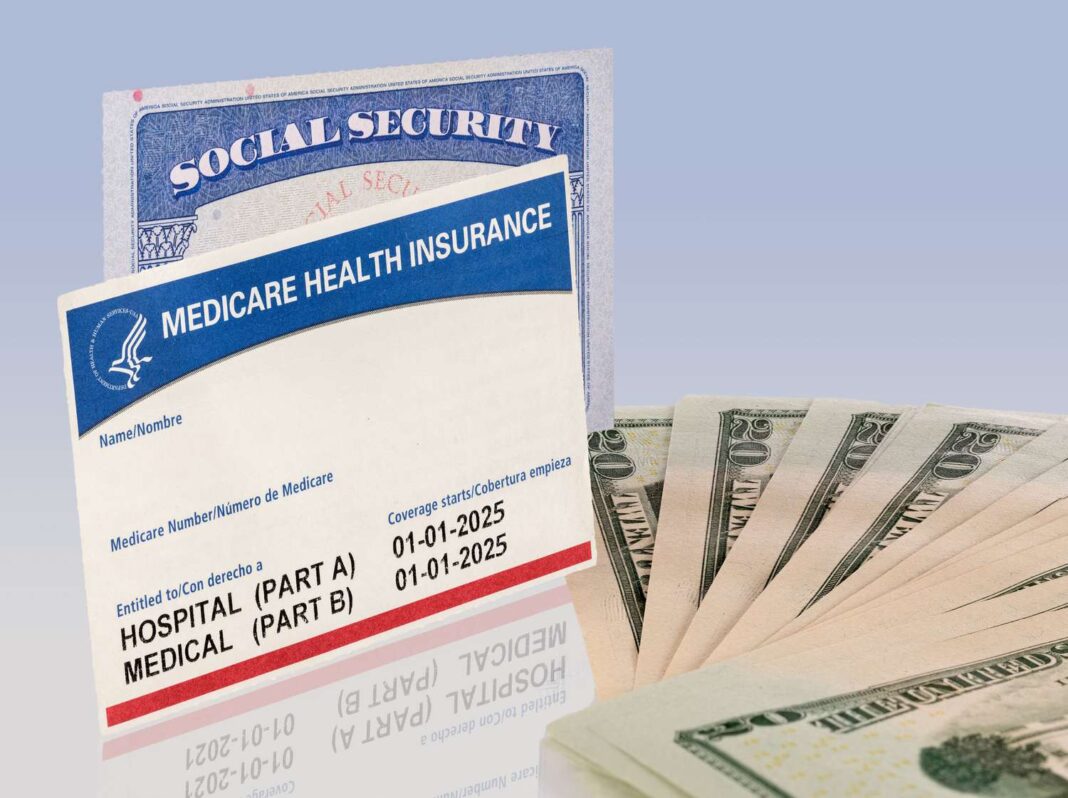Key Takeaways
- Medicare beneficiaries can save money and improve benefits by reviewing their plan options during open enrollment each year.
- Starting in 2025, out-of-pocket prescription drug costs will be capped at $2,000 annually.
- Medicare will offer up to $2,500 annually for dementia-related respite care through a new program, GUIDE.
Medicare beneficiaries who are enrolled in a Medicare Advantage plan or Medicare Prescription drug plan (Medicare Part D) have to re-enroll every year between October 15 and December 7.
If you take no action, you will simply be re-enrolled with last year’s coverage. However, you could save money and get better benefits by reviewing available new options, said Marilyn Serafiniexecutive director for the Health Program at the Bipartisan Policy Center in Washington, DC.
Too few people actually review their options, according to a new analysis by the health research group KFF. A review of federal data found that nearly 7 in 10 Medicare beneficiaries did not compare their coverage with other Medicare options during the 2022 open enrollment period.
“From one year to the next, Medicare Advantage plans can change their premiums, cost-sharing requirements, provider networks, or prior authorization requirements,” the analysis stated. “For beneficiaries who simply stay put in their existing plan, such changes could lead to unexpected, avoidable costs and disruptions in care.”
You can get free help choosing a Medicare plan by finding State Health Insurance Plan navigators in your state.
By now, you should have already received your Medicare “Annual Notice of Change” via email or in your mailbox. The notice outlines any changes in last year’s plan’s costs and coverage that will take effect on January 1.
Can’t find the notice? You can get a duplicate by contacting your plan, using the number on the back of your membership card, said Sarah Murdoch, director of client services at the Medicare Rights Center.
It’s also important to know about several big changes for Medicare in 2025.
Prescription Drug Costs Capped at $2,000 Per Year
Under new rules for 2025, out-of-pocket medication expenses will be capped at $2,000. This limit applies to deductibles, copayments, and coinsurance for covered drugs but doesn’t apply to premiums.
The cap also doesn’t apply to drugs not covered by your plan. That’s why it’s important to check if your current plan has increased any costs, and, if so, whether there’s a more suitable, affordable option available, Murdoch said.
In 2025, Part D plans can have a deductible of up to $590. After meeting the deductible, you will pay copayments until your total out-of-pocket costs reach $2,000—an amount many beneficiaries will reach, according to Medicare.
Monthly Payment Option for Prescription Drugs
Beginning in 2025, all Medicare prescription drug plans, including Medicare Advantage plans, will allow enrollees the option to spread out their prescription drug out-of-pocket costs over 12 months.
Ask your drug plan about the Medicare Prescription Payment Plan. If you enroll, the plan will notify the pharmacies you choose, and instead of paying upfront at the pharmacy, you will receive a monthly bill. For example, you could spread the cost of a 90-day prescription over three months.
Midyear Statements from Medicare Advantage Plans
Just over half of Medicare beneficiaries choose Medicare Advantage plans, which typically offer extra benefits like gym memberships or vision care. If you don’t use some of the plan benefits by late spring or early summer, your plan will send you a notice reminding you of your available options.
Additional Money for Dementia-Related Respite Care
A new Medicare program called Guiding an Improved Dementia Experience (GUIDE) supports caregivers of people with dementia who are enrolled in Medicare. The program includes a 24/7 support line, a free navigator to help find medical and other services and up to $2,500 a year for respite care, which can include in-home care or adult daycare programs.
To be eligible, the person with dementia must have a diagnosis and cannot be in hospice or a nursing home.
What This Means For You
Reviewing your Medicare plan each year is crucial to avoid unexpected costs and ensure you’re getting the best coverage. Changes in 2025, including a cap on drug costs and new support for dementia caregivers, may offer some financial relief.





